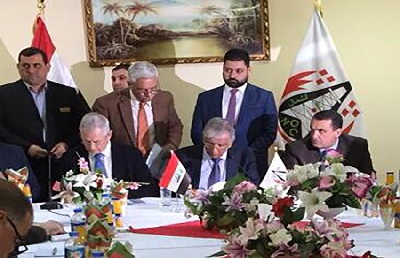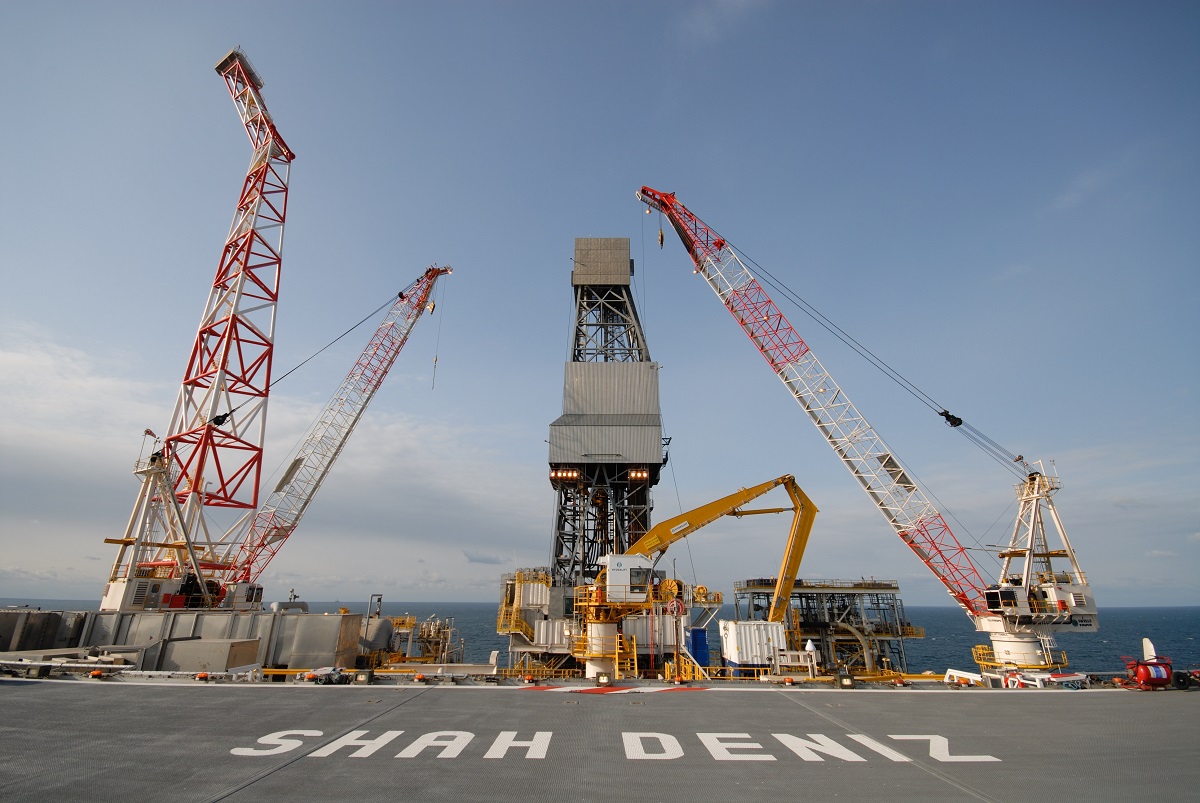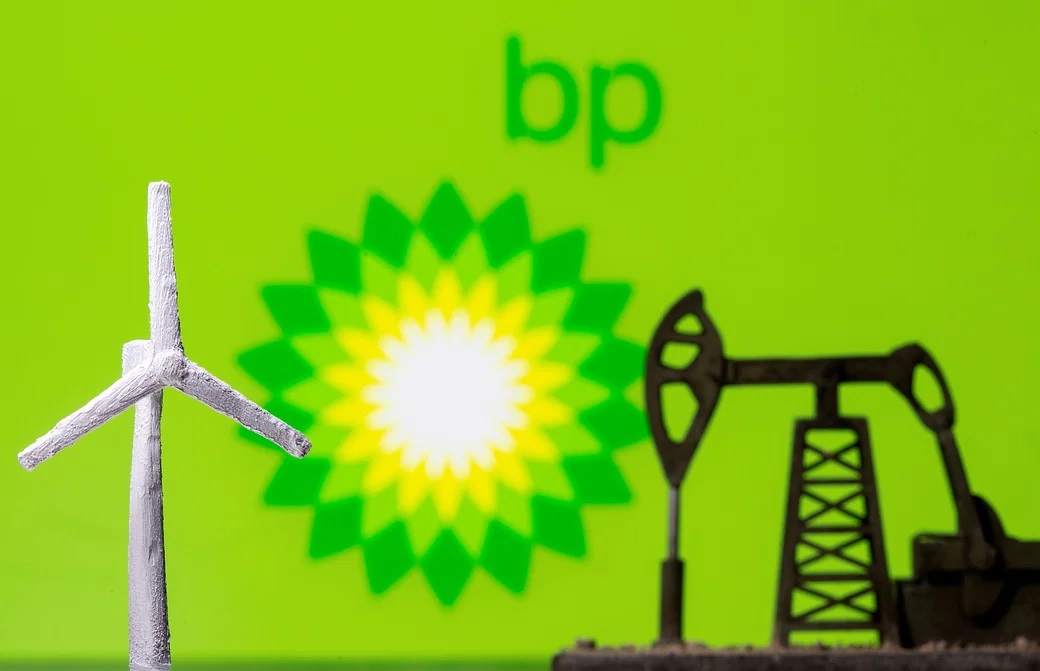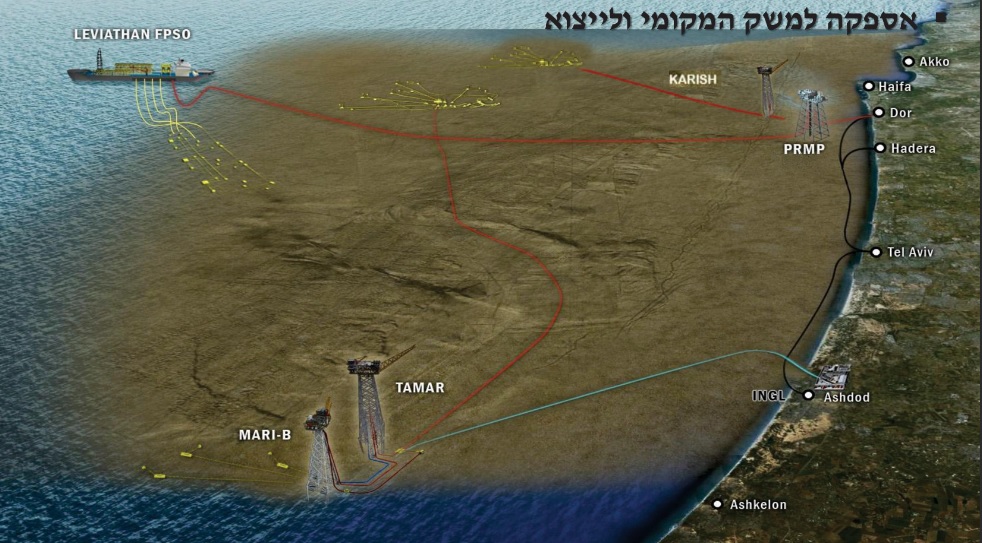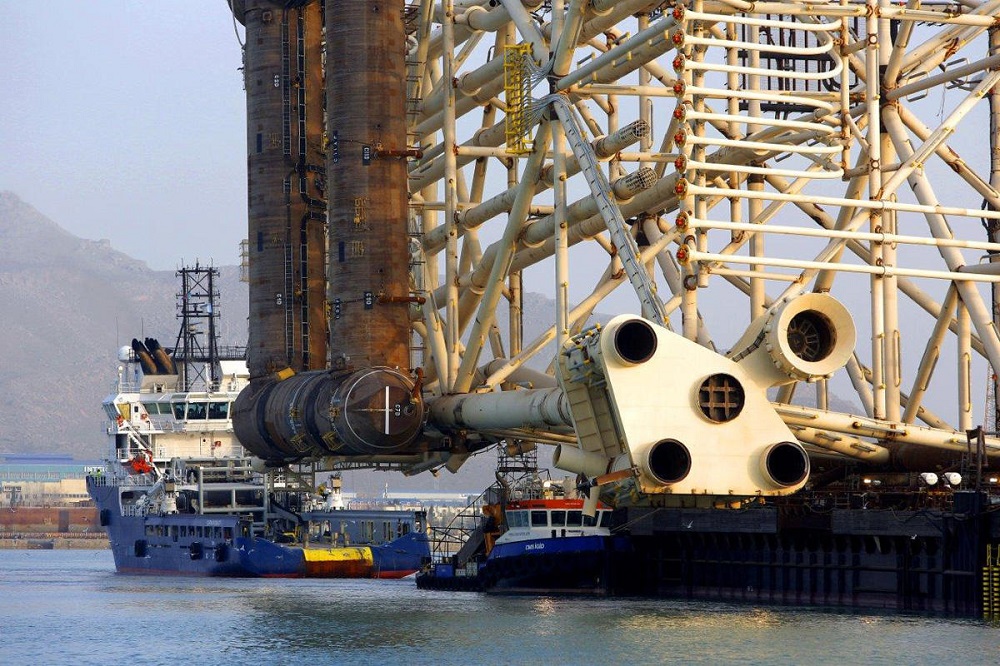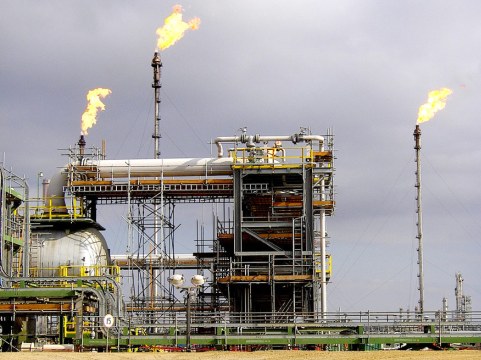Iraq signed a memorandum of understanding with BP on Thursday to boost production capacity from its northern Kirkuk oilfields, the country’s oil ministry said.
 The oilfields were taken back under Baghdad’s control last October after Iraqi government forces dislodged Kurdish fighters from the area.
The oilfields were taken back under Baghdad’s control last October after Iraqi government forces dislodged Kurdish fighters from the area.
Oil Minister Jabar al-Luaibi and BP’s president for the Middle East region, Michael Townshend, attended the signing ceremony at the Kirkuk office of the Iraqi state-run North Oil Company, which operates the fields, the ministry said.
The agreement provides for BP to boost Kirkuk’s output capacity to 750,000 barrels per day, more than twice existing capacity, he said.
Luaibi initiated the talks with BP in October, just days after the Kurdish fighters were driven from the area.
Oil exports from the field, transported by pipeline to Turkey, came to a halt after the Iraqi military operation, which was conducted in retaliation against an independence referendum held on Sept. 25 by the semi-autonomous Kurdistan Regional Government (KRG).
Iraq plans to start trucking crude from Kirkuk to Iran at the end of the month.
BP had agreed in 2013 to help Baghdad halt a huge decline in output from Kirkuk. The KRG took control of the Kirkuk region in 2014, when the Iraqi army collapsed in the face of Islamic State’s sweeping advance in northern and western Iraq. The Kurdish move prevented the fields from falling into the hands of the militants.
Kirkuk is one of the biggest and oldest oilfields in the Middle East, still estimated to contain about 9 billion barrels of recoverable oil, according to BP.
BP has provided technical assistance in the past to the North Oil to aid the redevelopment of the Kirkuk field.



